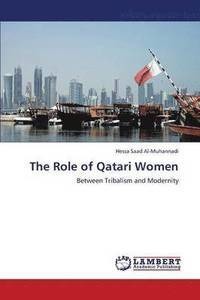
Liknande böcker
The sellable self: Exploring endurance running as an extraordinary consumption experience
Bok av Carys Egan-Wyer
In this thesis, I critically explore the ways in which people consume extraordinary experiences and what this can tell us about contemporary society. My findings question the idea that extraordinary experiences are an escape from the demands of everyday life. I show instead that social (especially neoliberal) discourses discipline endurance runners and shape the ways in which they understand and account for their extraordinary experiences.
As a research context for this qualitative study, I chose endurance running, which includes triathlon, obstacle adventure racing and ultra-distance running. Endurance running is an extreme but popular experience in contemporary consumer culture. If we don"t consume branded endurance running events, such as Ironman or Tough Mudder, ourselves, we might have sponsored a colleague or friend to run up Mont Blanc or across the Sahara desert. Few of us can have escaped the sight of people pounding the pavements or running laps in the local park, building up their stamina to compete in the increasing number of endurance running events that now take place worldwide. In this thesis, I use vocabularies of motive and Foucault"s theory of governmentality to critically examine the ways in which endurance runners talk about running.
A critical perspsective allows us to see beyond their glossy surface of extraordinary experiences. It allows us to see beyond the romantic idea that people consume extraordinary experiences in order to escape the demands of everyday life; that extraordinary experiences are spaces of freedom. A critical perspective reveals extraordinary experiences to be spaces of discipline and productivity as well as freedom and escape and it allows us to see that neoliberal discourses influence extraordinary experiences, just as they influence other area of social life. They influence how and why we take part in extraordinary experiences, how we talk about them and how we use those experiences to sell ourselves. We might understand extraordinary experiences as freedom, but we also feel compelled to take part in them. We might describe them as spaces where we are free from expectations, but we also quantify, objectify, and brand them so that they become productive and useful. We might think that extraordinary experiences are untouched by the competitive nature of contemporary consumer culture but somehow the urge to compete infiltrates, even there.







